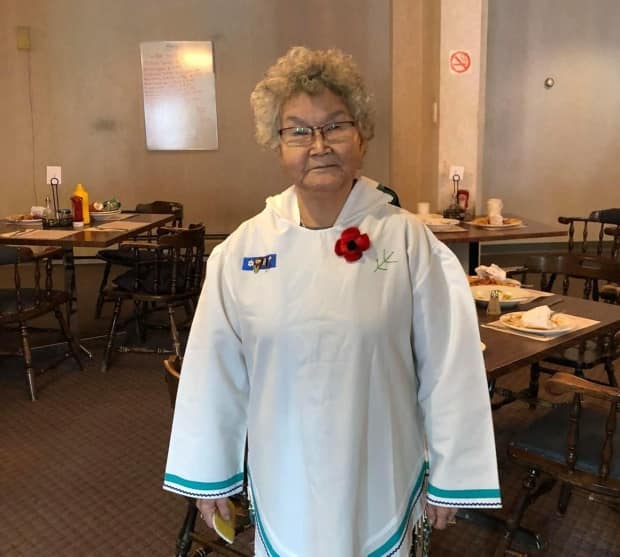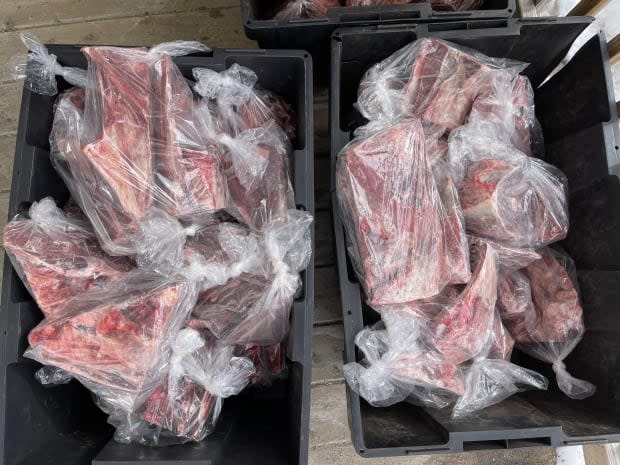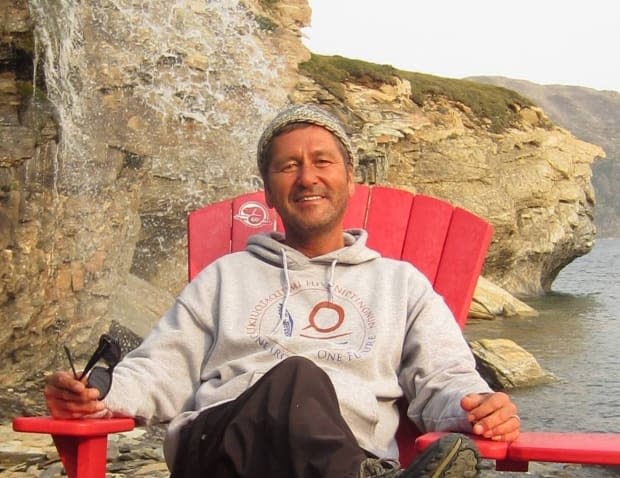Some Nunatsiavut beneficiaries living outside of Labrador feel 'abandoned.' Here's why

When the Nunatsiavut government distributed frozen caribou and muskox in its settlement area in northern Labrador last month, Sarah Anala and Danny Pottle felt left out — like they often do when it comes to cultural and language programs and services offered by the government.
While both Anala, a Nunatsiavut elder who now lives in Moncton, N.B., and Pottle, a former Nunatsiavut government member who lives in St. John's, were happy for the people who received the meat, they were disappointed the government didn't find a way deliver meat to beneficiaries outside Labrador.
For Anala, it's an example of a bigger problem.
"This incident of caribou, how it was distributed, contributes to the larger issue of many of us who are in the Canadian constituency feeling that we are often left out, we're disregarded," she said.
"Some of us feel we, our voices, are not heard in Nunatsiavut — feeling, I would say, abandoned."

Pottle echoed Anala's sentiment.
'We feel that we're not valued, that Nunatsiavut government perpetuates the whole discourse that we often feel [that] because we don't live in the settlement area, we're less Inuk than the people who live in our communities, we're less Inuk than the people who live in Upper Lake Melville," he said.
He compared the experience to "reverse colonialism."
"Nunatsiavut government is treating our membership in the same manner that colonial institutions treated us," he said.
Pottle said there are programs and services they cannot access, like the Inuttitut Mentorship Program and the Labrador Inuttitut Training Program, despite the fact there Inuttitut speakers across Canada.
Anala is one of them — a carrier of traditional Inuit knowledge — but she says she and others like her often feel like they've been blacklisted.

"I have been away since 1971 but I'm one of the most fluent Inuttitut speakers and I'm a carrier of traditional knowledge and Inuit teachings. I carry those with honour," she said. "Our youth are thirsting to know, to hear the traditional knowledge. To hear the teachings that our generation carries. This is all part of lateral violence, you see? To make people feel blacklisted."
Asked by CBC's Labrador Morning for a response, the Nunatsiavut government declined to comment, other than to note that within the land claims agreement, rights and titles for Labrador Inuit are clearly defined and there is no obligation for them to provide programs and services outside the land claim area. There are exceptions, however, for health and educational programs.

